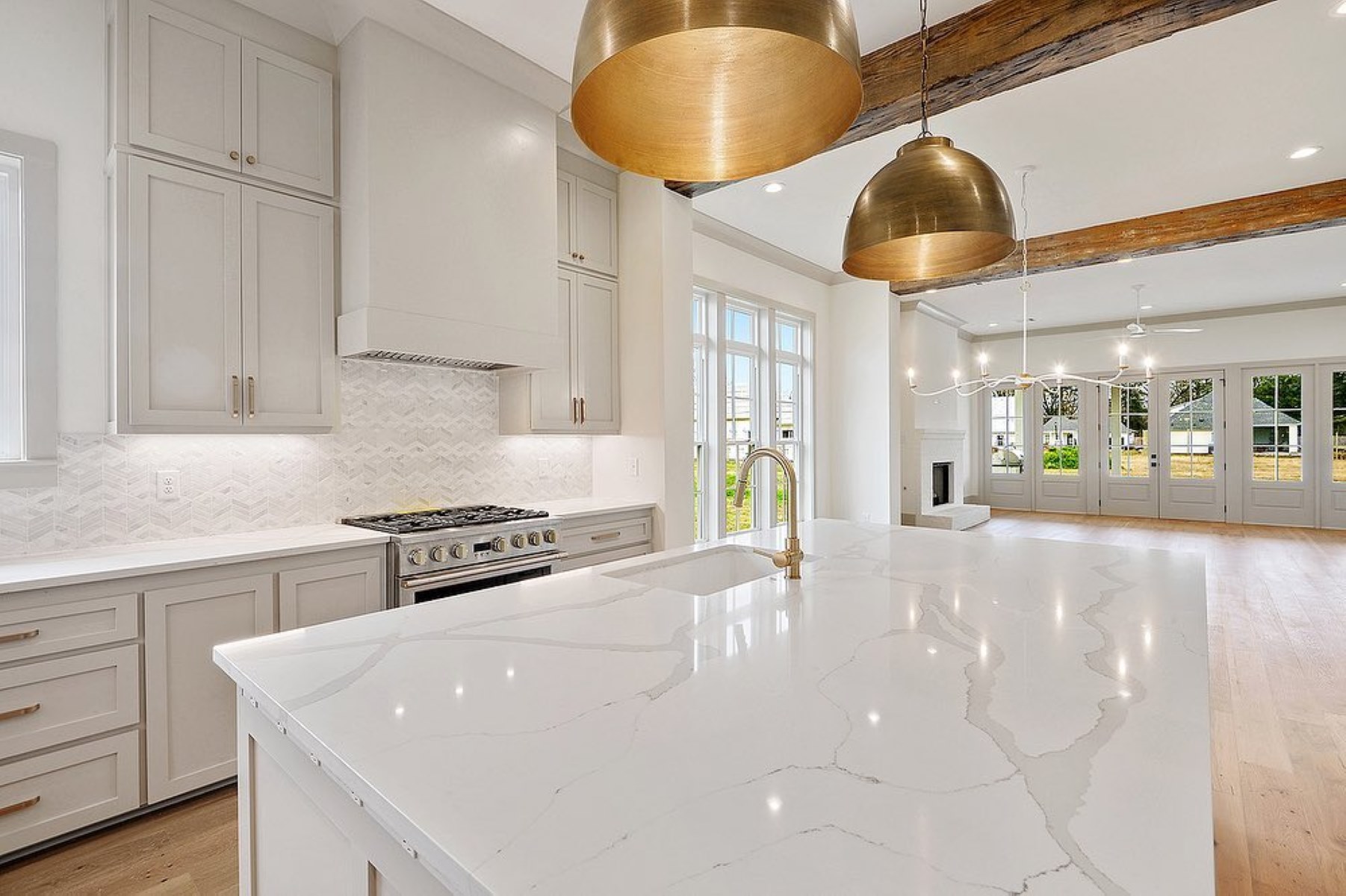

Articles
What Is Best Material For Countertops
Modified: October 20, 2024
Discover the best articles on countertops and find out what is most suitable for your home. Explore different materials, styles, and maintenance tips for your ideal countertop.
(Many of the links in this article redirect to a specific reviewed product. Your purchase of these products through affiliate links helps to generate commission for Storables.com, at no extra cost. Learn more)
Introduction
When it comes to choosing the best material for countertops, there are numerous options available, each with its own unique features and benefits. The right choice for your countertops depends on factors such as durability, aesthetics, maintenance, and budget. In this article, we will explore some of the most popular countertop materials and discuss their advantages and disadvantages.
From the timeless elegance of marble to the modern appeal of quartz, there is a wide range of materials to choose from, each offering its own set of qualities. By understanding the characteristics of each material, you can make an informed decision that aligns with your preferences and needs.
It is important to note that while these materials have distinct features, personal preference plays a significant role in the selection process. What may be the perfect choice for one individual may not necessarily be the best option for another. Ultimately, the ideal countertop material should reflect your lifestyle and complement the aesthetic of your space.
So, without further ado, let’s dive into the world of countertop materials and discover the pros and cons of each.
Key Takeaways:
- Granite countertops offer timeless elegance and exceptional durability, making them a popular choice for homeowners. However, they require regular sealing and can be more costly compared to other materials.
- Quartz countertops provide a low-maintenance, durable, and aesthetically versatile option with a wide range of colors and patterns. While they are relatively expensive, their resistance to scratches and heat makes them a practical choice for high-traffic areas.
Read more: What Are The Best Roof Shingles
Granite Countertops
Granite countertops have long been a popular choice among homeowners for their durability and natural beauty. Made from natural stone, granite countertops offer a timeless appeal and can enhance the overall aesthetics of any kitchen or bathroom.
One of the biggest advantages of granite countertops is their exceptional durability. Granite is heat-resistant, scratch-resistant, and can withstand heavy everyday use. It is also resistant to stains when properly sealed, making it a practical choice for busy kitchens.
In terms of aesthetics, granite offers a wide range of colors and patterns, allowing homeowners to find the perfect match for their décor. From subtle earth tones to bold speckled patterns, granite can add a touch of elegance and sophistication to any space.
However, there are a few drawbacks to consider when choosing granite countertops. Firstly, the cost of granite can be higher compared to other materials. The price can vary depending on the quality and rarity of the stone.
Additionally, granite countertops require regular sealing to maintain their stain resistance. If not properly sealed, stains and bacteria can penetrate the stone, leading to long-term damage. It is important to follow manufacturer recommendations for sealing and maintenance.
Lastly, although granite is a durable material, it is not impervious to chipping or cracking. Heavy impact or mishandling can cause damage to the surface. However, minor chips and scratches can often be repaired by a professional.
Despite these drawbacks, granite countertops remain a popular choice for their blend of durability, beauty, and natural appeal.
Quartz Countertops
Quartz countertops have gained significant popularity in recent years, thanks to their combination of beauty and durability. Unlike granite, which is a natural stone, quartz countertops are engineered, made from approximately 90% quartz and 10% resin or other binding materials.
One of the main advantages of quartz countertops is their low maintenance requirements. Unlike natural stones like granite or marble, quartz is non-porous, making it resistant to stains, bacteria, and moisture. This means that quartz countertops do not require sealing and are easy to clean with just soap and water.
Another notable advantage of quartz countertops is their wide variety of colors and patterns. Because quartz is engineered, manufacturers are able to create a wide array of designs, ranging from solid colors to patterns that mimic the look of natural stone. This allows homeowners to find the perfect quartz countertop that suits their aesthetic preferences.
Additionally, quartz countertops are highly durable and resistant to scratches, chips, and heat. They are less prone to cracking compared to natural stone countertops. This makes quartz a practical choice for high-traffic areas such as kitchens.
However, there are a few considerations to keep in mind when choosing quartz countertops. Firstly, compared to other countertop materials, quartz can be relatively expensive. The price can vary depending on factors such as brand, design, and quality.
Another thing to note is that although quartz is highly resistant to heat, sudden or extreme temperature changes can still cause damage. It is recommended to use trivets or hot pads to protect the surface from direct heat.
Lastly, while quartz countertops are highly durable, they are not completely immune to scratches. While quartz is generally resistant to everyday wear and tear, it is still advisable to use cutting boards or chopping blocks to prevent any potential damage.
Overall, quartz countertops are an excellent choice for homeowners seeking a blend of beauty, durability, and low maintenance. With its wide range of colors and patterns, quartz can effortlessly elevate the look of any kitchen or bathroom.
Marble Countertops
Marble countertops are known for their timeless elegance and luxurious appearance. Made from natural stone, marble countertops can add a touch of sophistication to any space, making them a highly sought-after choice among homeowners.
One of the most striking features of marble countertops is their unique veining patterns and color variations. Each slab of marble is one-of-a-kind, showcasing its own distinct beauty. From classic white Carrara marble to richly veined Calacatta marble, there are numerous options to choose from, allowing homeowners to achieve their desired aesthetic.
In addition to its visual appeal, marble offers good heat resistance, making it suitable for kitchen countertops. However, it is important to note that marble is a softer stone compared to granite or quartz, which makes it more susceptible to scratches, chipping, and staining. Care must be taken to avoid using abrasive cleaners or placing hot objects directly on the surface.
Another factor to consider when opting for marble countertops is their maintenance. Marble is a porous stone and can be prone to stains if not properly sealed. Regular sealing is necessary to protect the surface from potential damage. Additionally, acidic substances such as citrus juices or vinegar can etch the surface and should be wiped up promptly to maintain the pristine condition of the marble.
While some homeowners embrace the natural patina and aging of marble, others may find it challenging to maintain its pristine appearance over time. It is important to weigh the aesthetic appeal of marble against the level of maintenance and care it requires.
Furthermore, it’s worth noting that marble countertops can be fairly expensive compared to other countertop materials. The price can vary depending on factors such as the rarity of the marble and the complexity of the installation.
Despite the maintenance considerations and higher price tag, marble countertops continue to be a symbol of luxury and refinement. With their timeless beauty and unique character, marble countertops can elevate the overall aesthetic of any kitchen or bathroom.
Solid Surface Countertops
Solid surface countertops are a versatile and popular choice for homeowners looking for a seamless, uniform appearance. Made from a mixture of acrylic or polyester resins and natural materials, solid surface countertops offer a variety of benefits and design options.
One of the key advantages of solid surface countertops is their ability to create a smooth, seamless surface. Unlike other countertop materials, solid surface countertops can be seamlessly joined, eliminating visible seams and creating a cohesive look. This makes solid surface countertops an excellent choice for those who desire a clean and modern aesthetic.
Another benefit of solid surface countertops is their durability. Solid surface materials are resistant to scratches, stains, and heat. They are also non-porous, making them hygienic and easy to clean. Because they are non-porous, they do not require sealing and are naturally resistant to bacteria growth.
Another advantage of solid surface countertops is their wide range of colors and patterns. Manufacturers can create solid surface materials in a variety of hues and patterns, allowing homeowners to find the perfect match for their desired aesthetic. Some solid surface materials can even mimic the look of stone, such as quartz or marble, at a more affordable price point.
Despite these benefits, there are a few considerations to keep in mind when choosing solid surface countertops. Firstly, while solid surface materials are heat-resistant, they can be susceptible to damage from high heat, such as hot pots or pans. It is recommended to use trivets or heat pads to protect the surface.
Additionally, while solid surface countertops are generally durable, they can be prone to scratching and scorching. It is important to use cutting boards and avoid placing hot objects directly on the surface.
Lastly, solid surface countertops can be vulnerable to stains from strong chemicals or abrasive cleaners. It is best to clean them with mild soap and water or a recommended solid surface cleaner to maintain their appearance.
Overall, solid surface countertops offer a sleek and modern look with practical benefits such as durability and ease of maintenance. With their seamless appearance and wide variety of design options, solid surface countertops can be a versatile choice for any kitchen or bathroom.
Read more: What Is The Best Wood For Countertops
Laminate Countertops
Laminate countertops are a popular and affordable choice for homeowners seeking a budget-friendly yet stylish option. Made from layers of paper or fabric that are impregnated with resin and topped with a protective layer, laminate countertops offer a wide range of design possibilities.
One of the primary advantages of laminate countertops is their affordability. Compared to other countertop materials such as granite or quartz, laminate countertops are considerably less expensive. This makes them an attractive option for homeowners on a tight budget or those looking to update their kitchen or bathroom without breaking the bank.
Another benefit of laminate countertops is their versatility in design. Manufacturers offer an extensive selection of colors, patterns, and textures, which allows homeowners to find the perfect laminate countertop to suit their style and aesthetic preferences. Whether you prefer a sleek, modern look or a more traditional design, laminate countertops offer a variety of options.
Laminate countertops are also known for their low maintenance. The smooth, non-porous surface of laminate makes it resistant to stains and easy to clean. Routine cleaning with mild soap and water is usually sufficient to keep laminate countertops looking their best.
However, there are a few limitations to consider when choosing laminate countertops. One downside is that laminate is not as heat-resistant or scratch-resistant as other materials like granite or quartz. Hot pans or sharp objects can potentially damage the surface, so it’s important to use heat pads and cutting boards as a precaution.
Another consideration is that over time, the laminate layer can peel or chip, particularly along the edges. This can often be resolved with repairs or replacing the affected areas. However, it is worth noting that laminate countertops may not be as durable or long-lasting as some other countertop materials.
Overall, laminate countertops are an affordable and versatile option that can transform the look of your kitchen or bathroom. With a wide range of design choices, easy maintenance, and budget-friendly pricing, laminate countertops are a popular choice for homeowners seeking a stylish and cost-effective countertop solution.
When choosing a countertop material, consider factors such as durability, maintenance, and style. Granite and quartz are popular choices for their durability and low maintenance, while marble offers a classic and elegant look. Consider your lifestyle and budget when making your decision.
Butcher Block Countertops
Butcher block countertops are a unique and charming choice that brings warmth and character to any kitchen. Made from strips of wood that are glued together, butcher block countertops offer a natural and rustic appeal that is both functional and aesthetically pleasing.
One of the main advantages of butcher block countertops is their durability. Wood is a strong and sturdy material, capable of withstanding the demands of daily use. It is also forgiving when it comes to dropped items, as the wood surface tends to absorb impact better than harder materials like granite or quartz.
Butcher block countertops are also highly versatile. They provide a solid surface for food preparation and can even serve as a cutting board. The natural surface of the wood is gentle on knives, reducing wear and tear on your blades compared to harder materials.
Another appeal of butcher block countertops is their ability to add warmth and character to any kitchen. The natural grain and pattern of the wood create a cozy and inviting atmosphere, making the kitchen a focal point of the home. Butcher block countertops are available in a variety of wood types, such as maple, cherry, or oak, each offering their own unique beauty.
It is important to note that butcher block countertops require regular maintenance to ensure their longevity and appearance. They should be sealed with food-grade mineral oil or a specially formulated butcher block oil to protect the wood from moisture and stains. Spills should be promptly wiped up to avoid potential damage. With proper care and maintenance, butcher block countertops can last for many years.
One consideration to keep in mind when opting for butcher block countertops is that they are more susceptible to scratches and dings compared to harder materials. However, minor imperfections can add to the rustic charm of the countertop, giving it a worn-in and lived-in look over time.
Overall, butcher block countertops are a versatile and visually appealing option for homeowners who value the warmth and character that wood brings to the kitchen. With their durability, functionality, and natural beauty, butcher block countertops provide a unique and inviting space for food preparation and gathering.
Concrete Countertops
Concrete countertops have become a popular choice for those seeking a modern, industrial aesthetic in their kitchen or bathroom. Made from a combination of cement, aggregates, and additives, concrete countertops offer a unique blend of durability and design versatility.
One of the main advantages of concrete countertops is their durability and strength. Concrete is known for its toughness, making it resistant to scratches, heat, and stains when properly sealed. It can withstand the demands of daily use, making it an ideal choice for busy kitchens.
Concrete countertops also offer a wide range of design possibilities. With the ability to be molded into any shape or size, concrete can be customized to fit your unique style and vision. It can be poured on-site or precast and then polished or stained to achieve the desired finish. This versatility allows for endless creativity and the ability to create a truly one-of-a-kind countertop.
Additionally, concrete countertops can be customized with embedded objects such as shells, glass, or other decorative elements to add a personal touch. This makes them a great option for those wanting a truly unique and customized countertop.
However, there are a few considerations when choosing concrete countertops. One is that concrete is a porous material and requires proper sealing to prevent staining. Regular resealing is recommended to maintain the appearance and protect the surface from moisture and other potential damage.
Another consideration is that concrete countertops can be prone to hairline cracks, especially if they are not properly reinforced. However, these cracks are often cosmetic and can be a part of the desired aesthetic, showcasing the natural and imperfect beauty of the material. They can also be repaired if necessary.
It’s important to be aware that concrete countertops can be heavy and require proper support. Installation should be done by professionals experienced in working with concrete to ensure proper placement and structural integrity.
In summary, concrete countertops offer a modern and versatile option for those seeking a unique and industrial look. With their durability, design flexibility, and the ability to be customized to fit different aesthetics, concrete countertops can add a bold statement to any kitchen or bathroom.
Stainless Steel Countertops
Stainless steel countertops are a sleek and contemporary choice, offering a professional and modern aesthetic to any kitchen. Made from a durable and non-porous material, stainless steel countertops are favored by professional chefs and homeowners alike.
One of the main advantages of stainless steel countertops is their exceptional durability. Stainless steel is resistant to heat, stains, and scratches, making it an excellent choice for a high-traffic kitchen. It can withstand the demands of a busy kitchen without showing signs of wear and tear. Additionally, stainless steel is resistant to bacteria growth, making it a hygienic option for food preparation areas.
Another advantage of stainless steel countertops is their low maintenance requirements. Unlike other materials that may require regular sealing or specific cleaning agents, stainless steel is easy to clean with just soap and water. Its non-porous surface prevents the absorption of liquids and food particles, simplifying the cleaning process.
Stainless steel countertops also have a sleek and modern appearance that complements a variety of kitchen styles. The reflective surface of stainless steel can help to brighten smaller spaces and create a sense of openness. It is a versatile material that can easily blend with different color schemes and décor styles.
However, there are a few things to consider when choosing stainless steel countertops. One is that they can be susceptible to scratches and dents. While these can add character and a patina to the surface over time, some homeowners may prefer to maintain a pristine look. Using cutting boards and avoiding heavy impact can help minimize these issues.
Another factor to keep in mind is that stainless steel countertops can show fingerprints and smudges. However, these can easily be cleaned with stainless steel cleaner or a microfiber cloth for a polished and smudge-free surface.
Lastly, stainless steel countertops can be relatively noisy compared to other materials, as they tend to amplify sound. This is something to consider for those who prefer a quieter kitchen environment.
Overall, stainless steel countertops offer a durable, low maintenance, and stylish option for modern kitchens. With their sleek appearance and functional benefits, stainless steel countertops are a favorite among professional chefs and homeowners seeking a contemporary and practical choice.
Read more: What Is The Best Epoxy For Countertops
Soapstone Countertops
Soapstone countertops are a unique and beautiful option for homeowners seeking a natural, rustic look in their kitchen or bathroom. Made from a natural stone composed primarily of talc, soapstone countertops offer a distinctive appearance and a range of practical benefits.
One of the main advantages of soapstone countertops is their remarkable durability. Soapstone is a dense and non-porous material, making it resistant to stains, heat, and bacteria growth. It can withstand high temperatures without damage, making it ideal for areas near stovetops or hot pots and pans.
Soapstone countertops also have a smooth texture and matte finish, giving them a soft and inviting feel. They develop a natural patina over time, which adds to their character and charm. The natural variations in color and veining patterns give each soapstone countertop a unique and distinctive appearance.
Another benefit of soapstone countertops is their low maintenance requirements. Soapstone is naturally resistant to stains, so it does not require sealing. It is also easy to clean, requiring only mild soap and water. Occasional application of mineral oil can enhance the natural beauty and deepen the color of the stone.
However, there are a few considerations to keep in mind when choosing soapstone countertops. One is that soapstone is a relatively soft material compared to other countertop options like granite or quartz. This means that it is more prone to scratches and dents. However, minor imperfections can often be sanded out or simply add to the rustic appeal of the surface.
Another thing to note is that soapstone is more susceptible to chipping and cracking than harder materials. Care should be taken to avoid dropping heavy objects or using excessive force on the countertop surface.
It is also worth mentioning that soapstone countertops can darken over time or when exposed to oils or liquids. This natural process can enhance the character of the stone but may not be preferred by everyone. Applying mineral oil periodically can help maintain a consistent color if desired.
Overall, soapstone countertops offer a unique and natural beauty with a range of practical benefits. With their durability, heat resistance, and low maintenance requirements, soapstone countertops are a favored choice for those seeking a rustic and timeless look in their kitchen or bathroom.
Conclusion
Choosing the best material for countertops is a decision that should take into account various factors such as durability, aesthetics, maintenance, and budget. Each countertop material offers its own set of advantages and considerations, allowing homeowners to find the perfect fit for their specific needs and preferences.
Granite countertops provide a timeless and elegant look with exceptional durability, while quartz countertops offer a low-maintenance option with a wide variety of colors and patterns. Marble countertops bring luxury and sophistication, though they require more maintenance. Solid surface countertops offer seamless designs and easy maintenance, while laminate countertops provide an affordable and versatile option. Butcher block countertops bring warmth and character to the kitchen, while concrete countertops offer a modern, industrial aesthetic. Stainless steel countertops provide a sleek and professional appearance with excellent durability, and soapstone countertops offer a natural and rustic beauty.
Ultimately, the choice of countertop material depends on personal preference and individual requirements. It is important to consider factors such as durability, maintenance, aesthetic appeal, and budget when making a decision. It is also helpful to consult with professionals who can guide you towards the best material based on your specific needs.
Remember that proper care and maintenance are essential regardless of the chosen countertop material. Follow the manufacturer’s recommendations for cleaning, sealing, and general upkeep to ensure the longevity and beauty of your countertops.
Whatever choice you make, your new countertops are sure to enhance the functionality and aesthetics of your kitchen or bathroom. So take your time, explore the options, and select the countertop material that best suits your personal style and practical requirements. With the right choice, you can enjoy beautiful and durable countertops for years to come.
Frequently Asked Questions about What Is Best Material For Countertops
Was this page helpful?
At Storables.com, we guarantee accurate and reliable information. Our content, validated by Expert Board Contributors, is crafted following stringent Editorial Policies. We're committed to providing you with well-researched, expert-backed insights for all your informational needs.
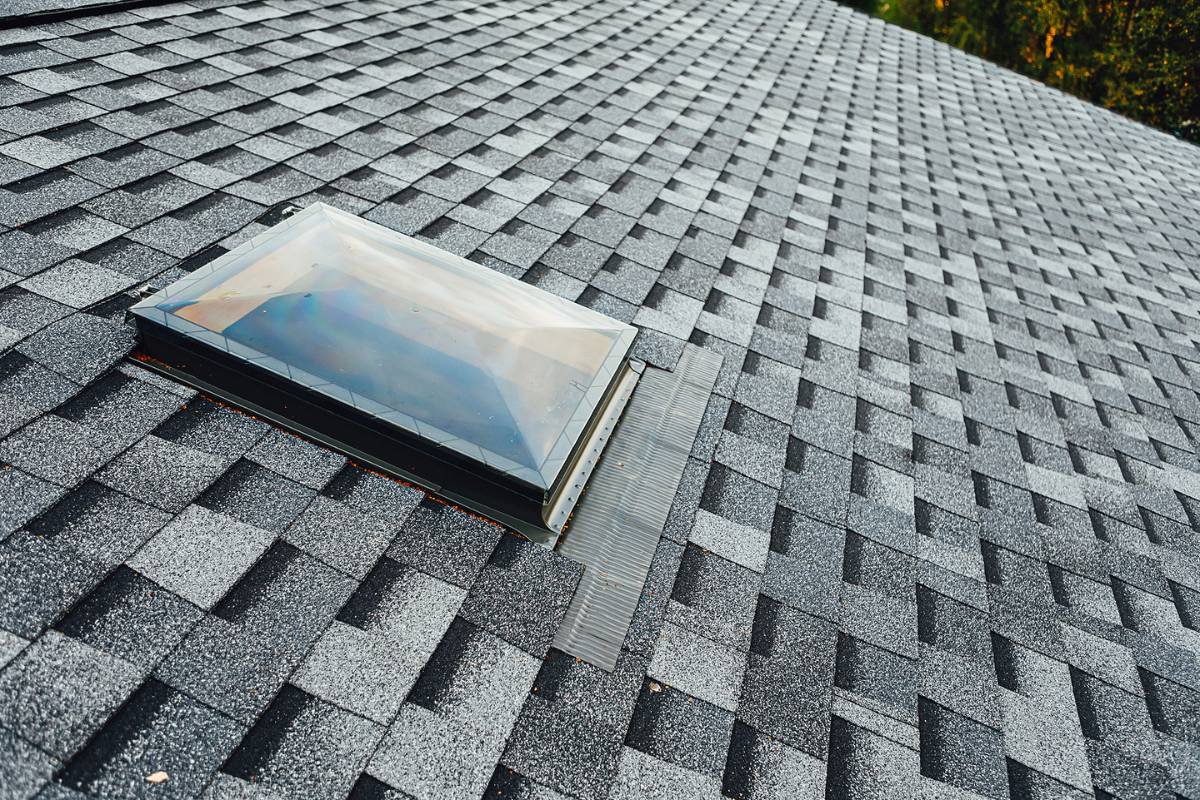
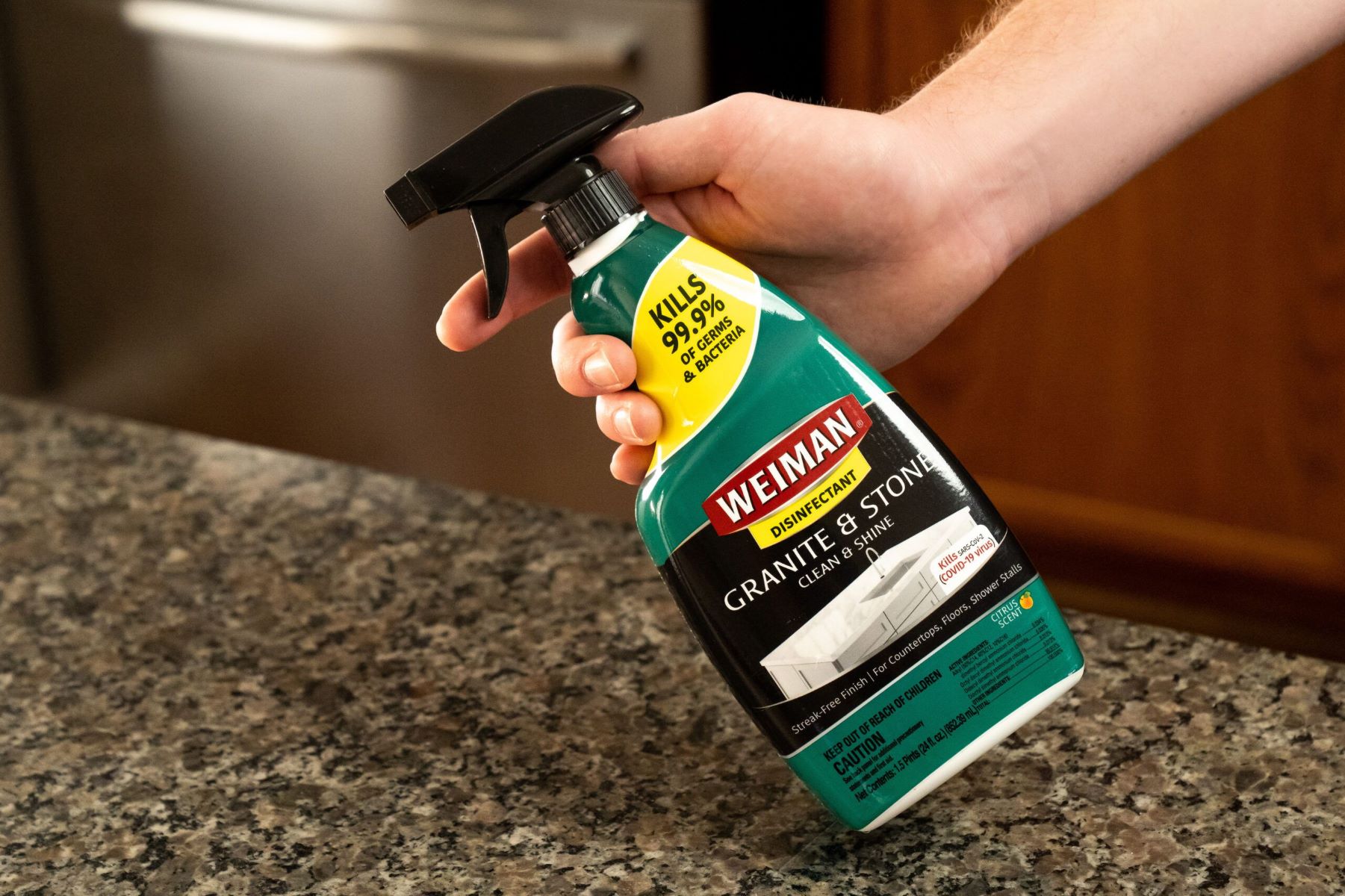
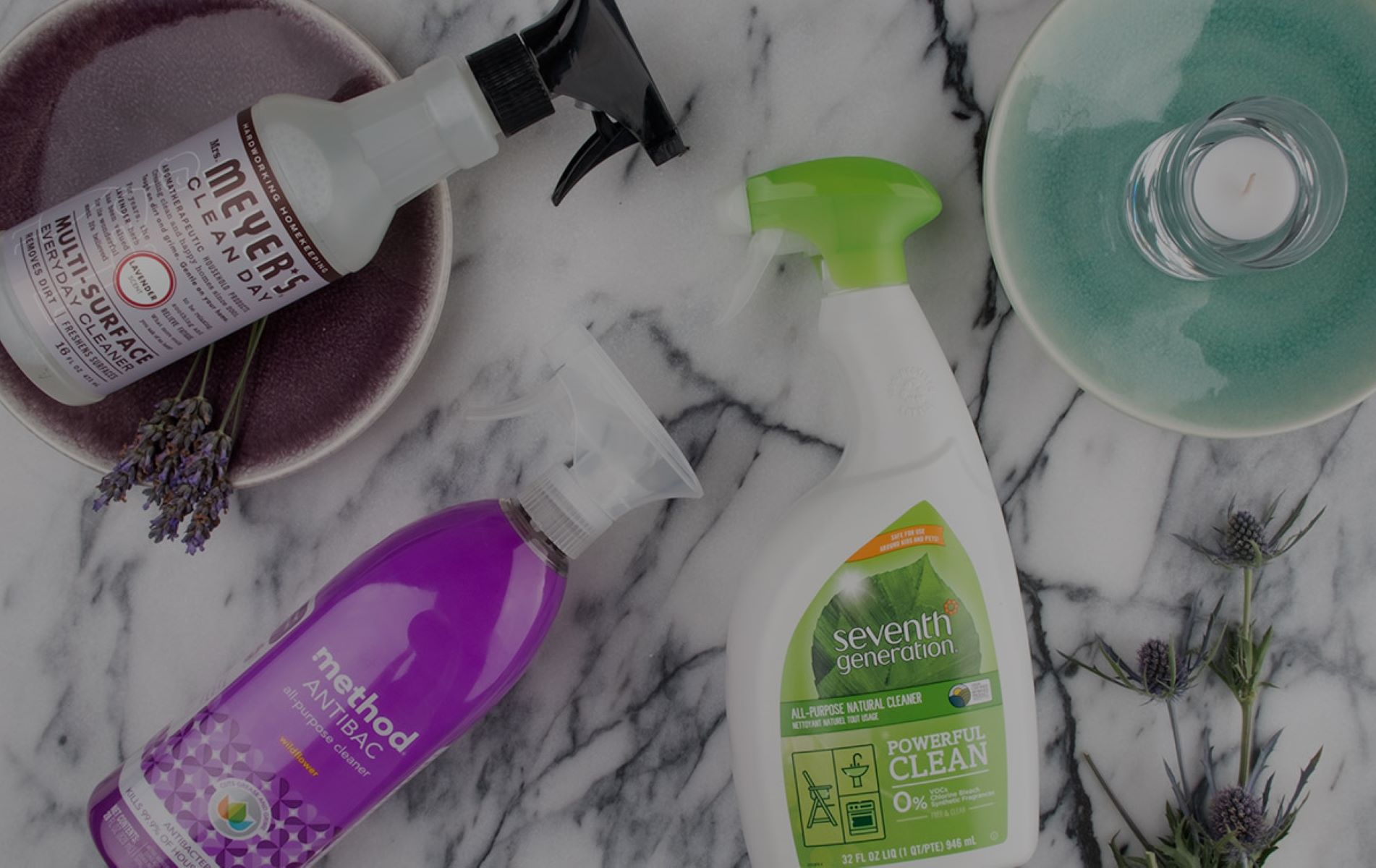
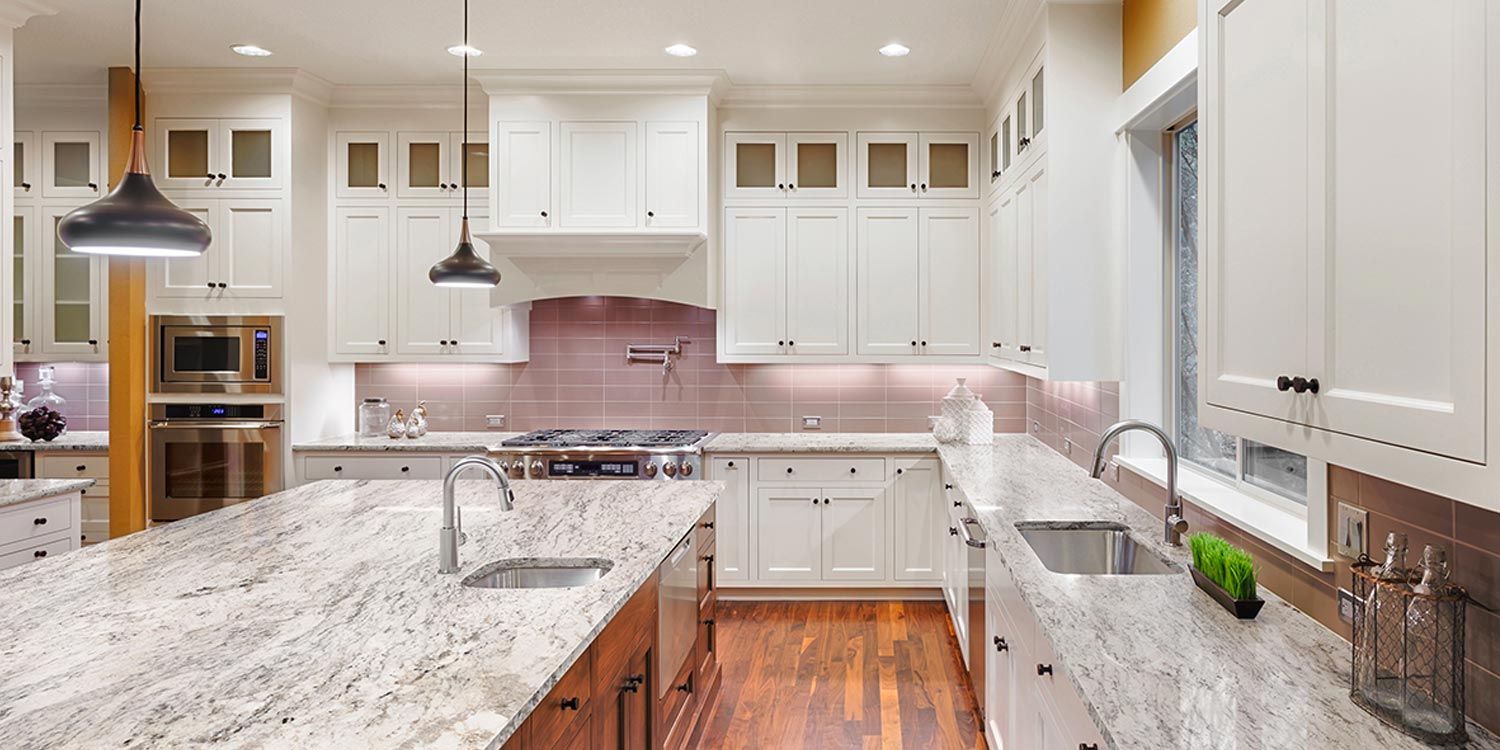
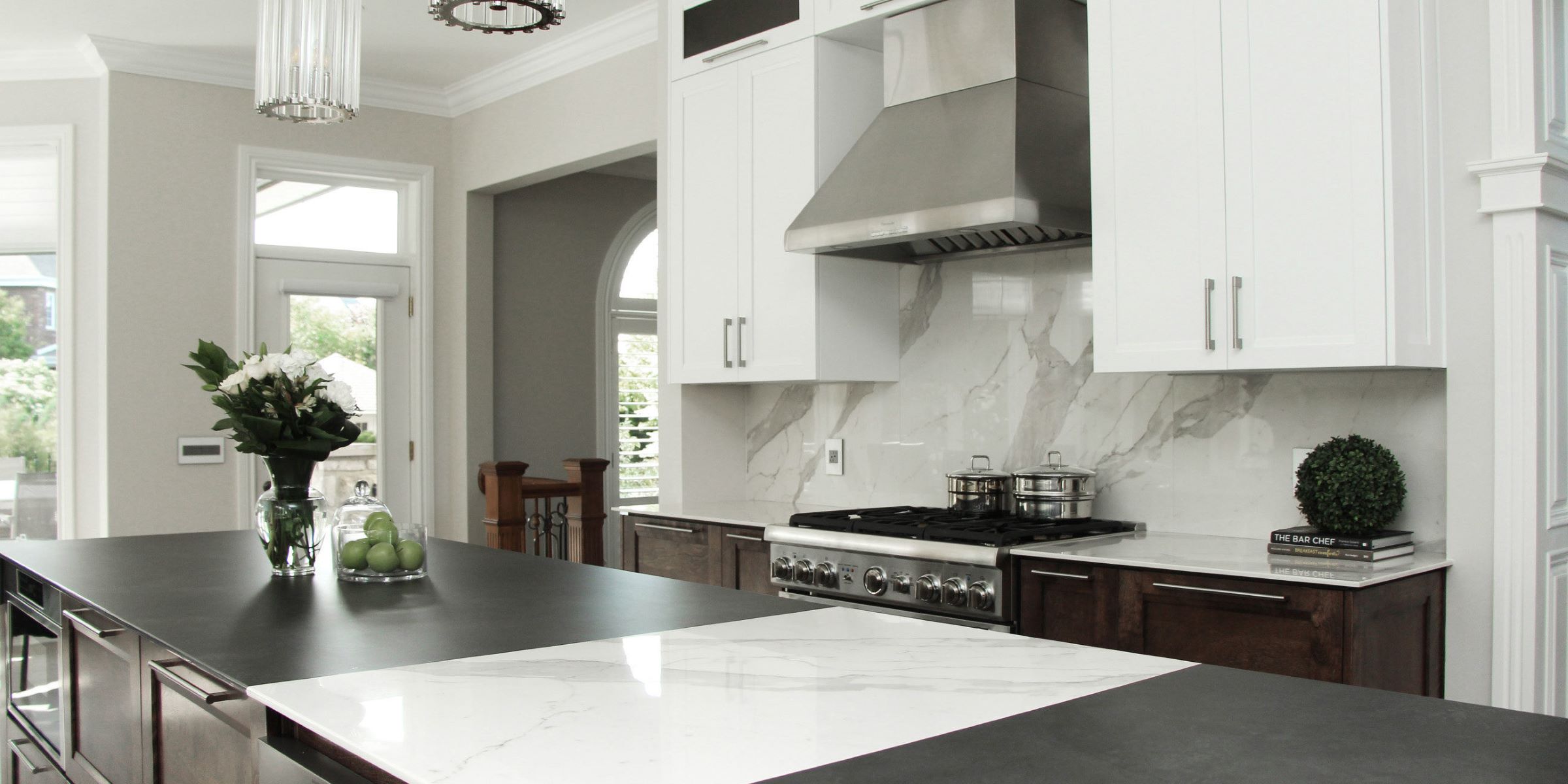
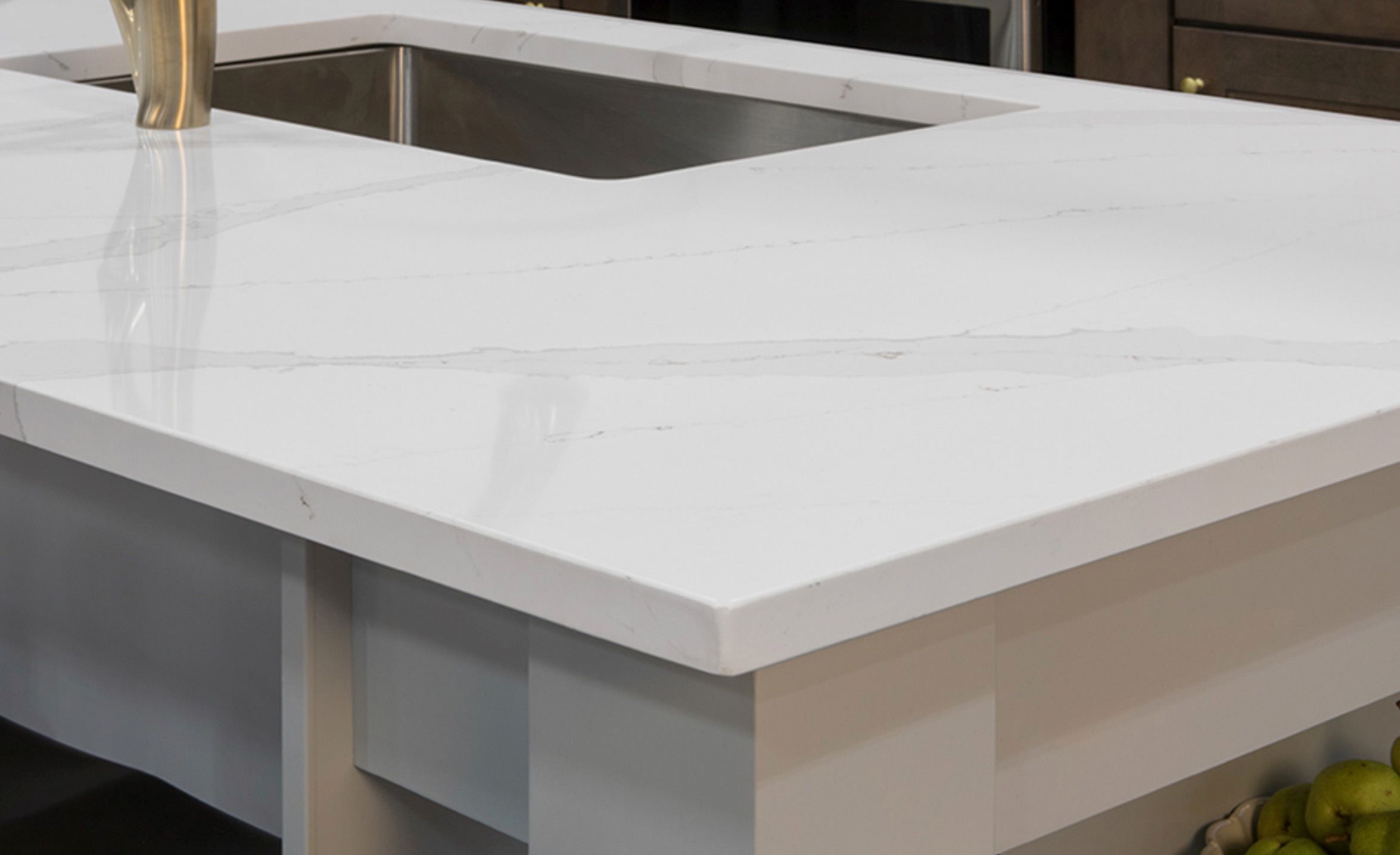
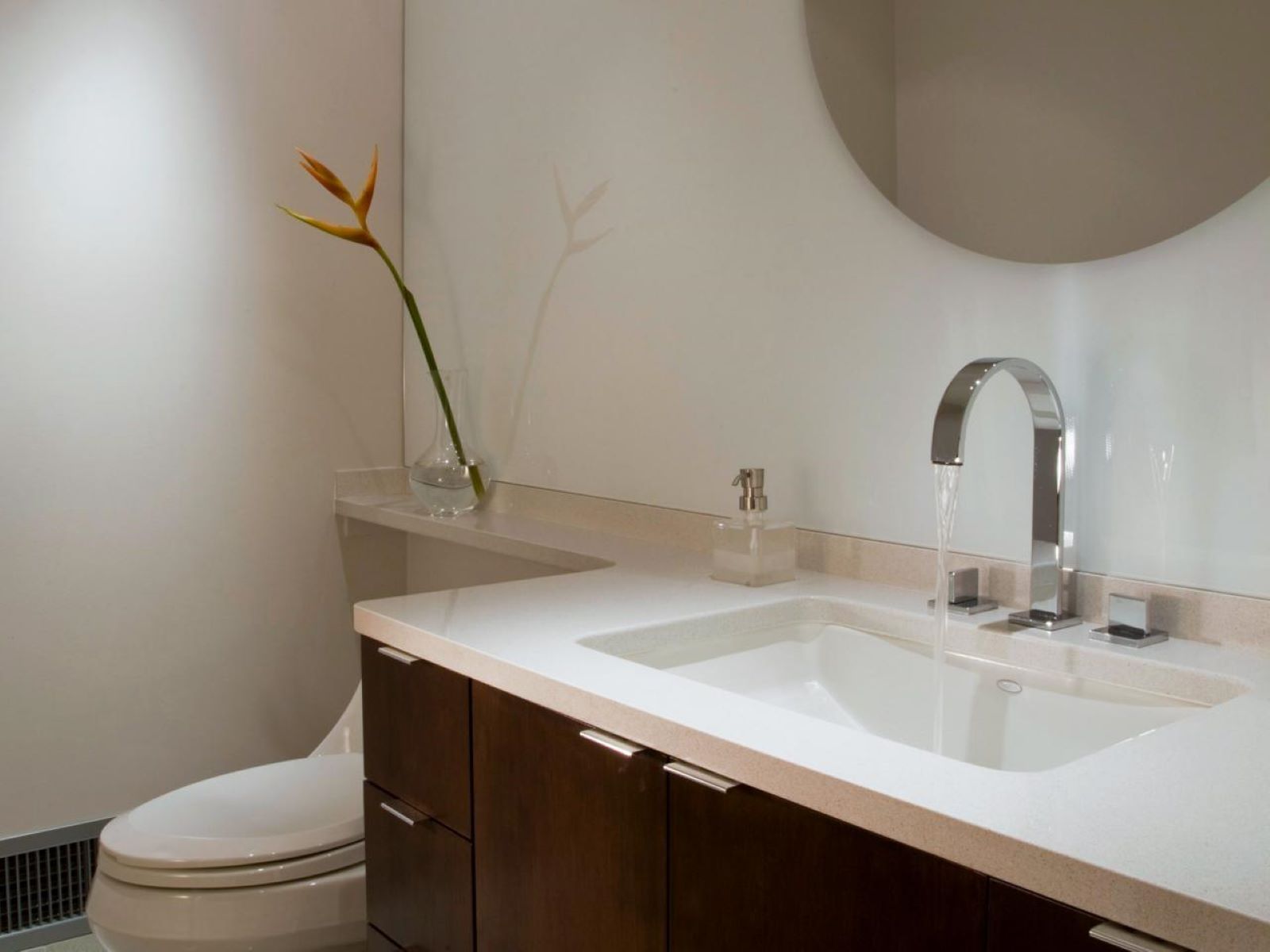
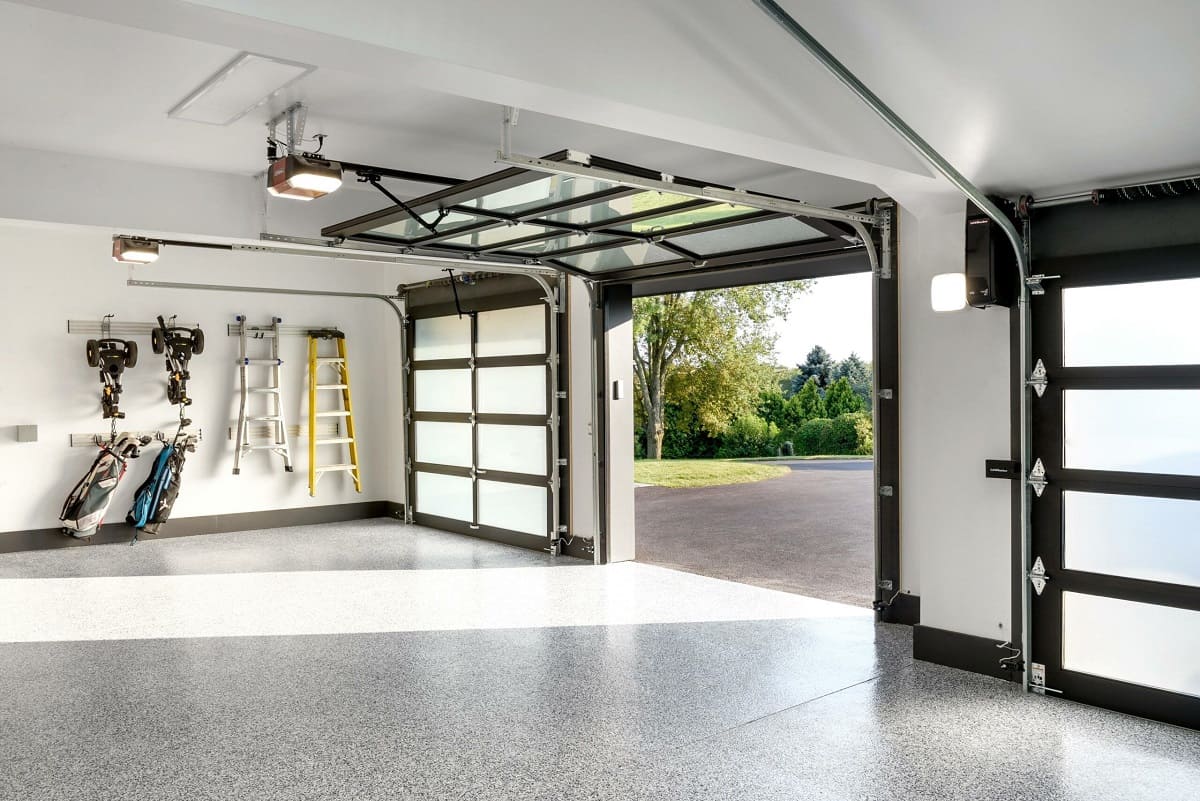
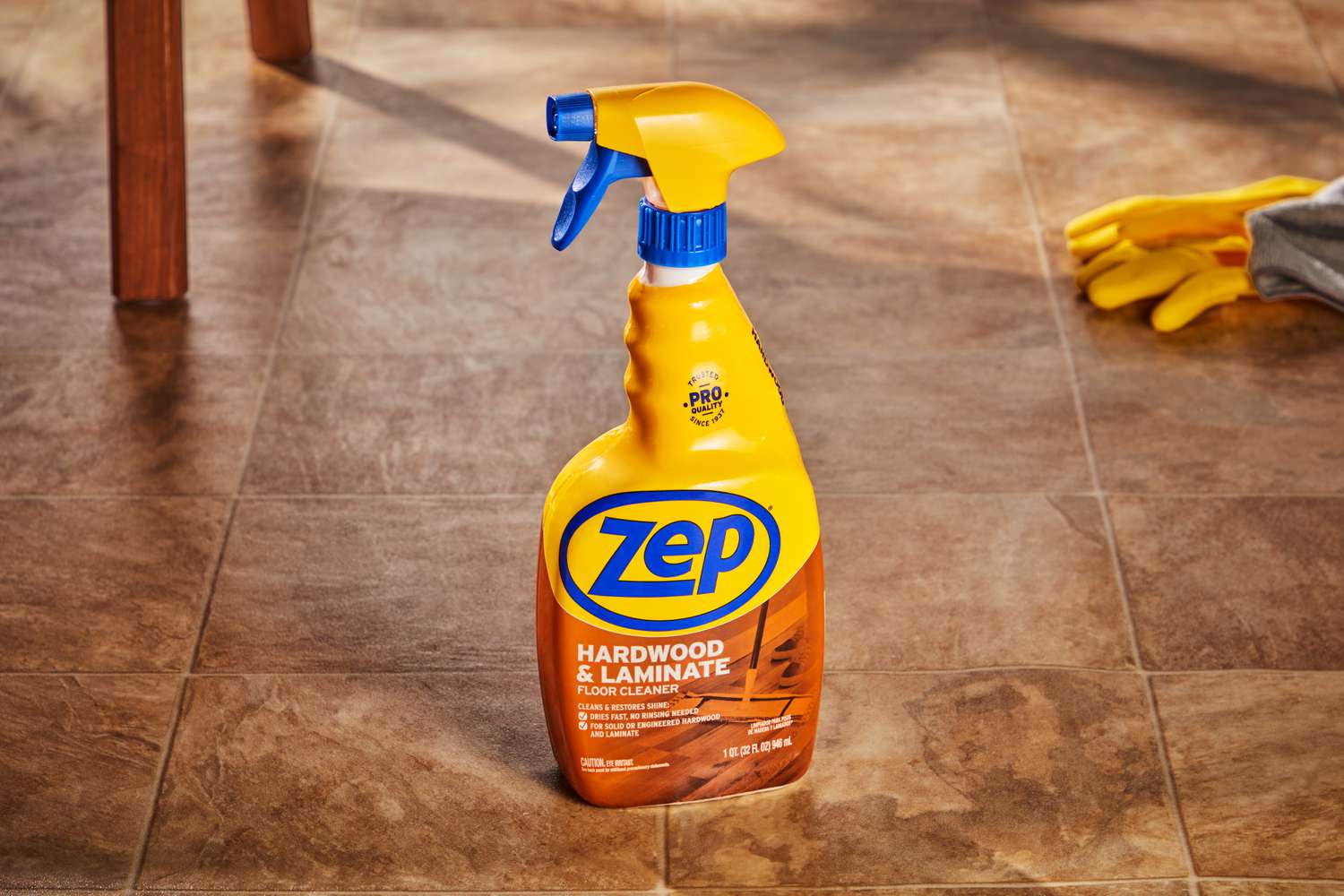
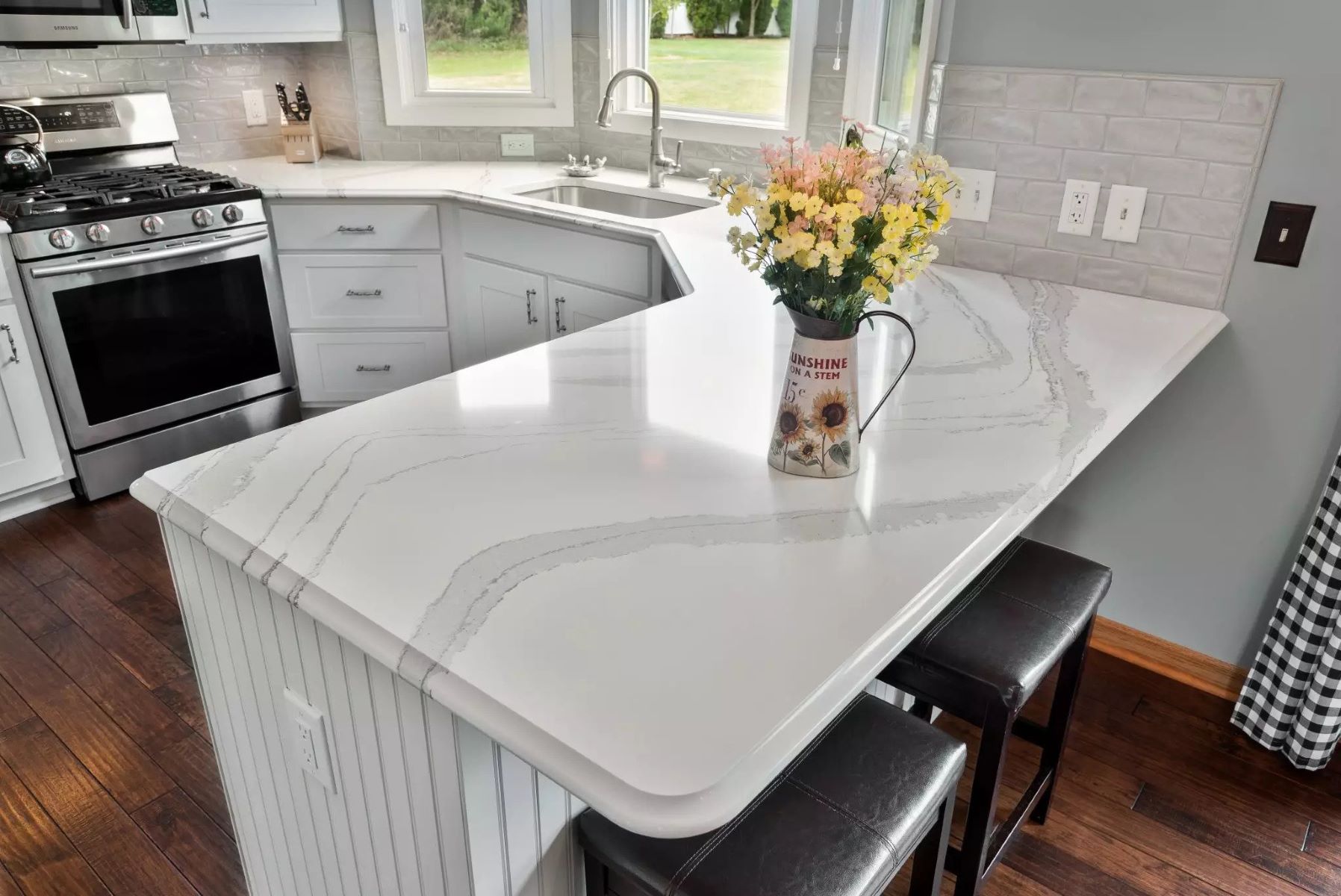
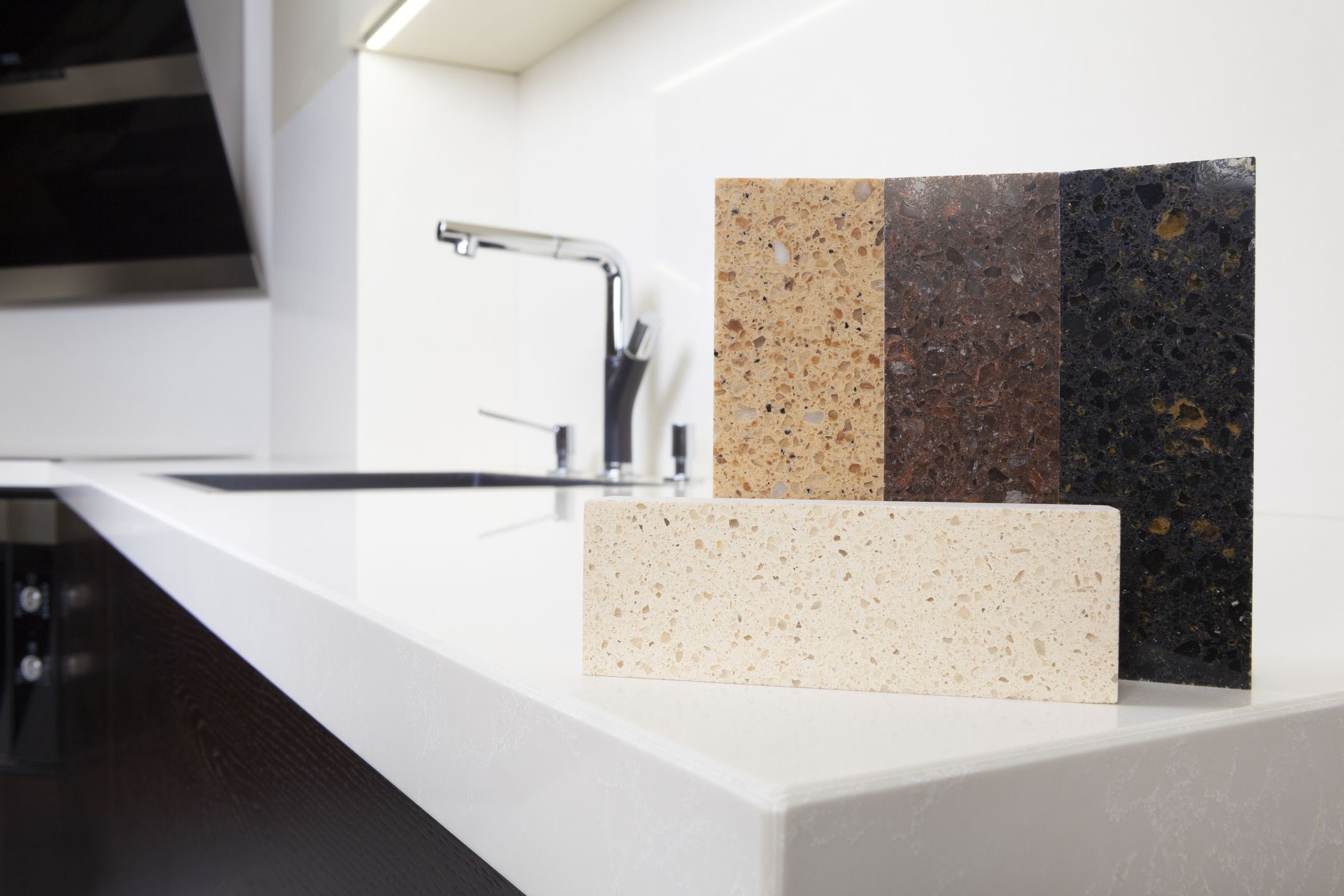
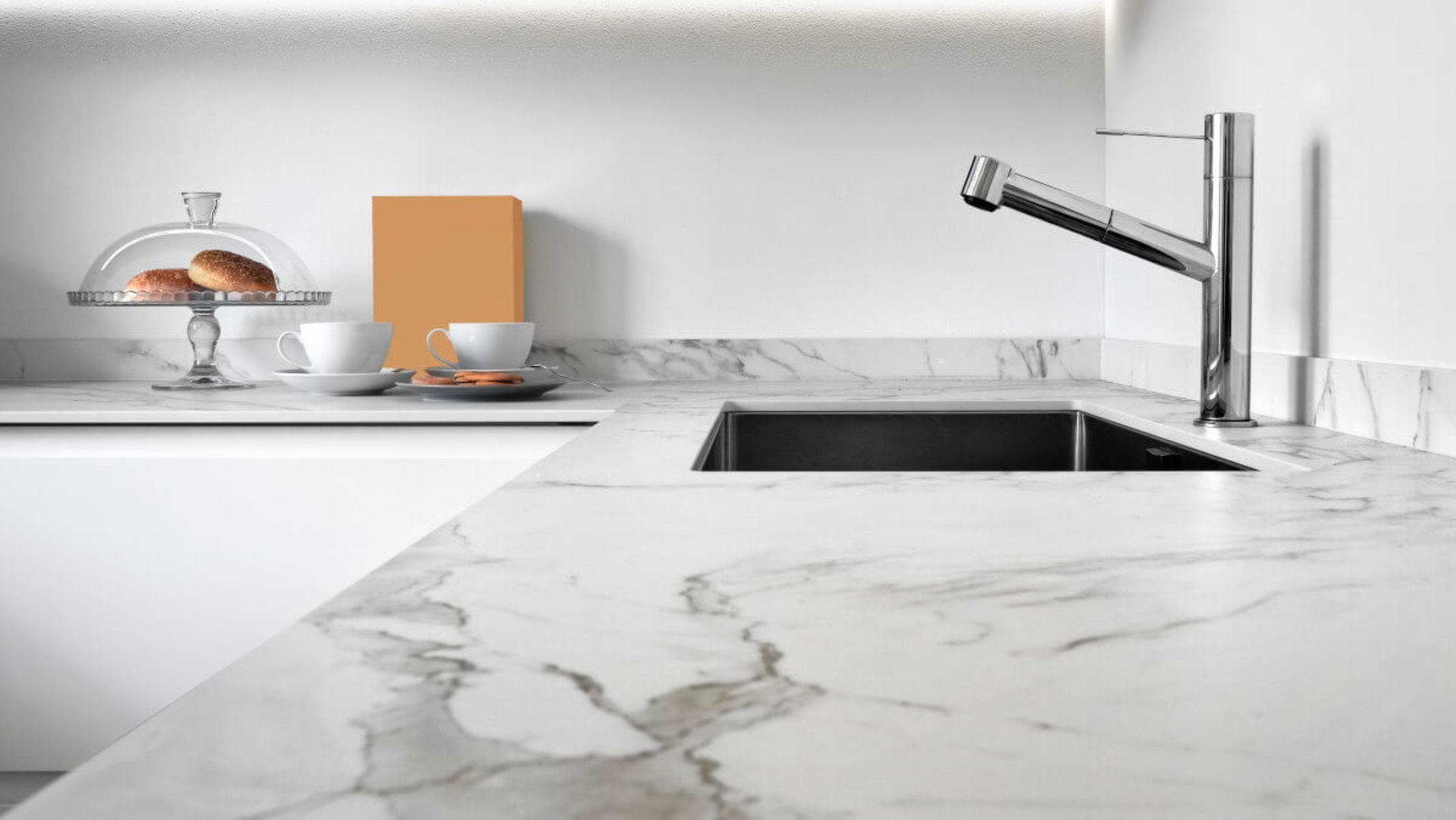
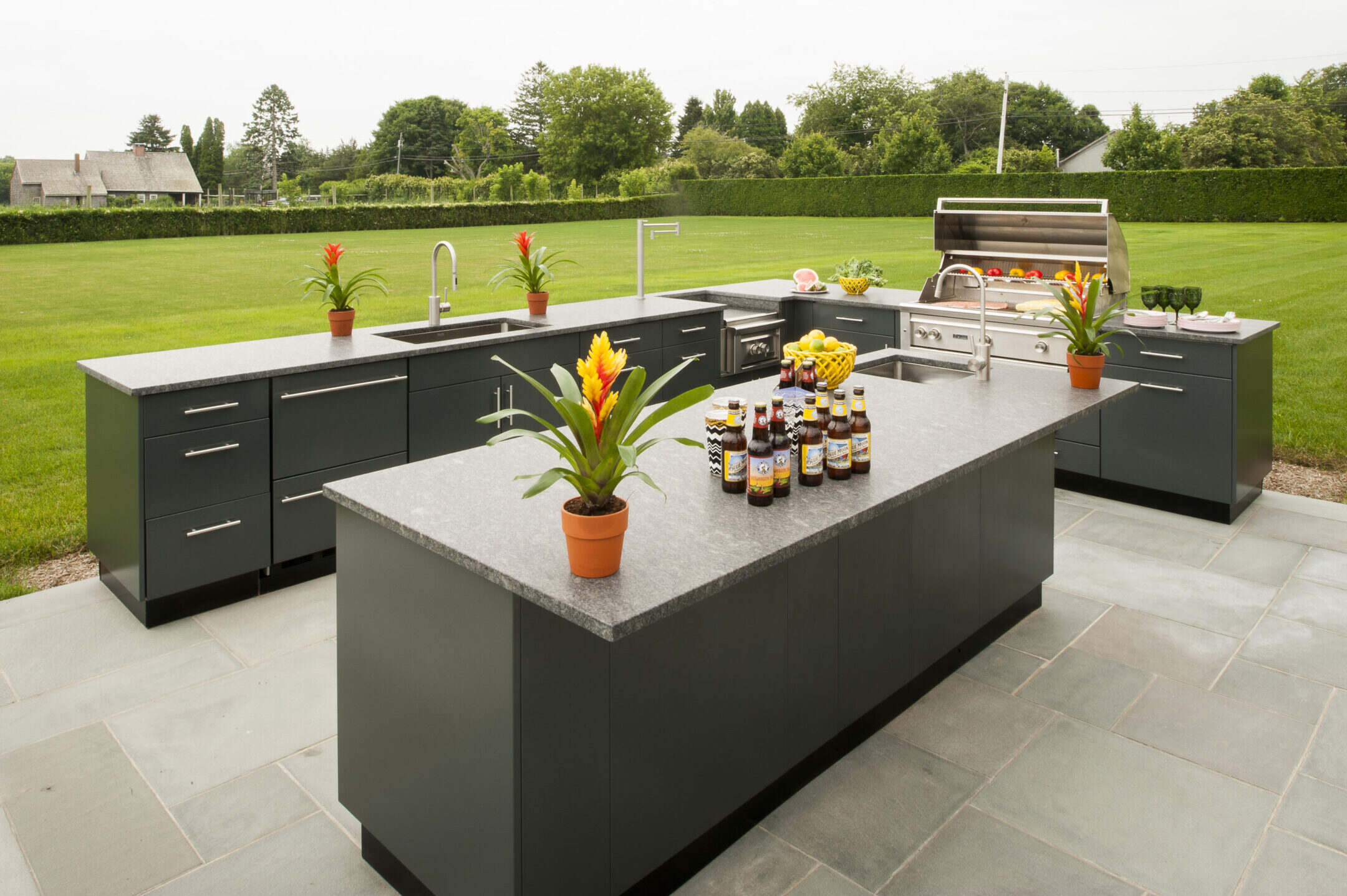

0 thoughts on “What Is Best Material For Countertops”